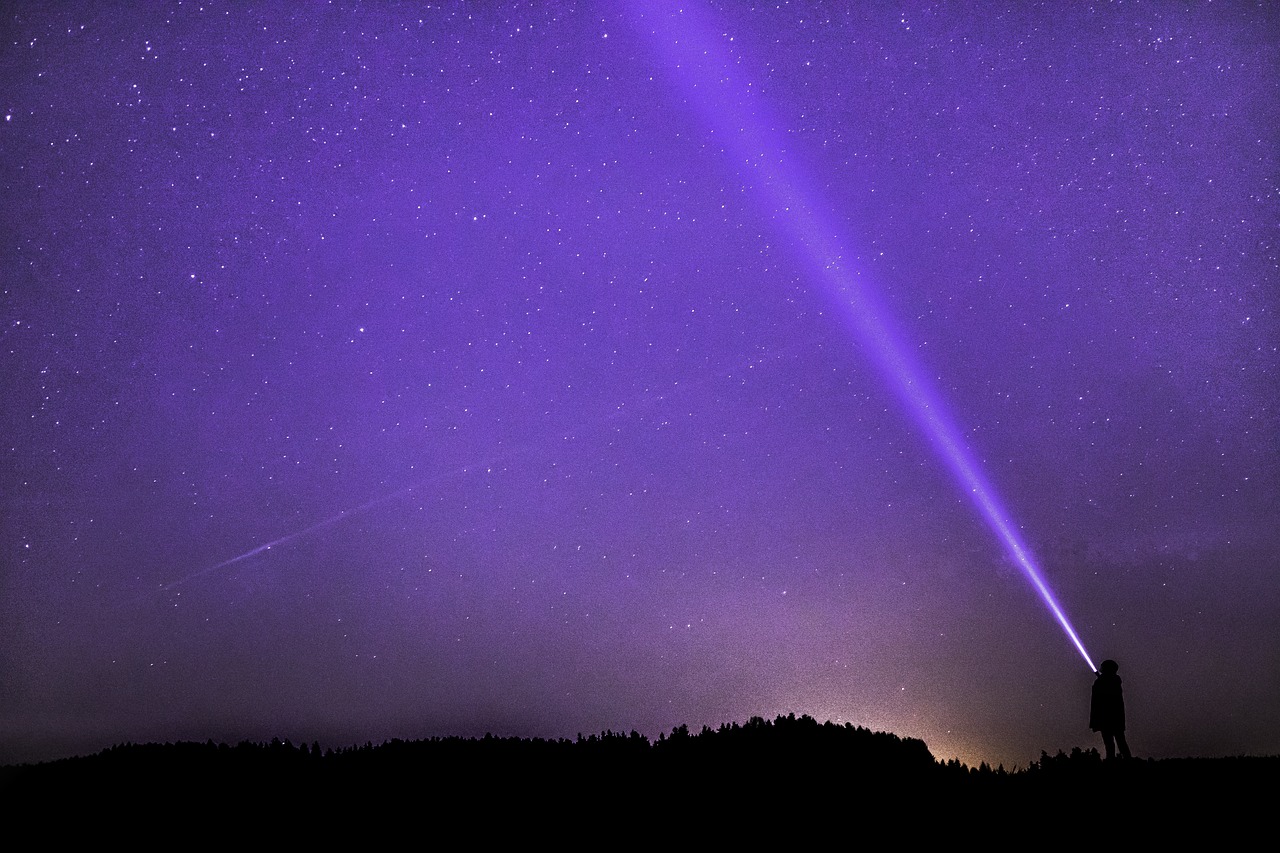Why Are Some People Left-handed Science

I've always felt like I was living in an upside-down world. Every time I sit down to write, ink smudges follow in the wake of my pen like a mischievous shadow. Scissors seem like torture devices, and don't even get me started on how uncomfortable it feels when someone hands you a guitar that's clearly "made for right-handers." Sound familiar? That would be because being left-handed means living in a world that isn't truly considering you in its designs—and that's where our story starts.
But wait a minute. All is not doom and gloom. You see, even though the world may be built for right-handers, lefties have some rather superhuman powers, backed by science. Let's dive in and unpack what makes us left-handers tick, the challenges we face, and the furtive advantages that come with living life from the other side.
Are We Wired Differently?
Why are some of us left-handed when the majority of individuals naturally go for their right? For centuries, left-handers were considered curiosities, but science has come a long way in unraveling the mystery origins of left-handedness. And you know what? We don't just happen to be that way at birth; genetics do play a role in this. There's this gene, LRRTM1, which scientists have pinpointed as being linked with handedness. But it doesn't quite stop there. It's not as simple as, "Mom's left-handed, so I am too." The genetics for being a lefty can be dormant, then pop out of nowhere, even when everyone else in the family is right-handed.
But here's the kicker: our brains are wired differently. Whereas most right-handers have their language centers firmly planted in the left hemisphere of the brain, left-handers often share language processing across both hemispheres. It's as if our brains are working along a more level playing field, allowing us to become more adaptable thinkers. Ever wonder why left-handers get such a reputation for being creative, out-of-the-box thinkers? This may be one reason.
Where Do We Stand in the World?
Despite feeling like we're everywhere, look around, and there's probably a left-hander nearby. We make up only about 10 percent of the world's population, but we are a minority with some serious clout. In fact, research proves left-handers are overrepresented in certain careers, from artistic to athletic fields, making them small but mighty. Consider sports for one. As an athlete, being a left-handed one will always give you a strong advantage. This is the reason most sports that involve one-on-one competing also feature lefties: tennis and boxing, for example. Most opponents would train against right-handers, and when they face lefties, they get thrown off their game. Take a look at tennis legend Rafael Nadal or boxing titan Manny Pacquiao—lefties who leveraged their ambidextrous advantage to dominate their games.
Not only is this the case in sports. Look at the world's great innovators, artists, and leaders; lefties are more than pulling their weight. From Leonardo da Vinci to Steve Jobs, our tribe has left an indelible mark on history. Or could it be that left-handers' brains process the world differently, giving us a creative edge?
Making Our Way in a Right-Handed World
Ah, the struggles of being a left-hander—where does one even begin? Have you ever tried using a pair of right-handed scissors? It's as if they mock us. Or how about spiral-bound notebooks? Every time I take notes, my hand ends up resting on a coil, leaving me with a stiff wrist and smudged ink that turns my clean paper into a crime scene.
It doesn't stop there, though. Historically, left-handers weren't just "different"; we were considered nothing less than sinister. The word "sinister" itself is derived from the Latin word for "left," and throughout history, left-handedness was aligned with evil, bad luck, and even witchcraft. Imagine the pressure of living in a time when being a leftie could get you shunned—or worse.
Adaptability and Creativity
But here is where the plot changes. While being left-handed comes with disadvantages, it also blesses us with something remarkable: adaptability. Being left-handers has trained us to live our lives according to the adjustments we have to make for the right-handed world. We don't just "fit in"; we figure things out in our unique way. That adaptability has shaped our problem-solving, and might be why so many left-handers excel at innovation, creativity, and leadership.
Research actually shows that left-handers tend to have better spatial awareness, hence perhaps why so many artists and architects throughout history were left-handed. We're wired to think in visuals, to see patterns, and understand the world in terms of space and design.
Celebrating Left-Handedness: The Strength in Diversity
The thing is, with being left-handed, it's not just a trait; it's a frame of mind. Being left-handed can't help but teach you to see the world from another perspective, and that in itself is a strength. In a way, our whole lives as left-handers are one big exercise in thinking outside of the box, making do with the unexpected. We don't just adapt—we innovate.
We are in good company: from the game-changing theories of Albert Einstein down to Oprah Winfrey, whose groundbreaking influence still thrives, left-handers have left their marks in history for centuries. We might be only 10 percent of the population, but our impact is immeasurable.
So, to my fellow left-handers, let us wear our left-handedness as a badge. It is more than a quirk; it is a reflection of how we see the world. After all, in a world designed for right-handers, we lefties are here to shake things up.
Written by Aasiya Buhari, someone who juggles schoolwork and a deep interest in science. I hope this article inspires others to find time for their passions. Thank you for reading.
Similar Post You May Like
-

CFCs, HFCs and their long, troubled history
At its peak, the ozone hole covered an area 7 times larger than the size of Europe, around 29.9 million km2, and was rapidly expanding
-

The Origin of Universe: Deciding point where it all began!
Let us unravel and surf through the ideas throughout ages to understand what the universe and its origin itself was to its inhabitants across history.
-

The Artemis Program
Inspired by the Greek goddess of the Moon, twin sister to Apollo, the artimis program was named on 14 May 2019 by Jim Bridenstine.






